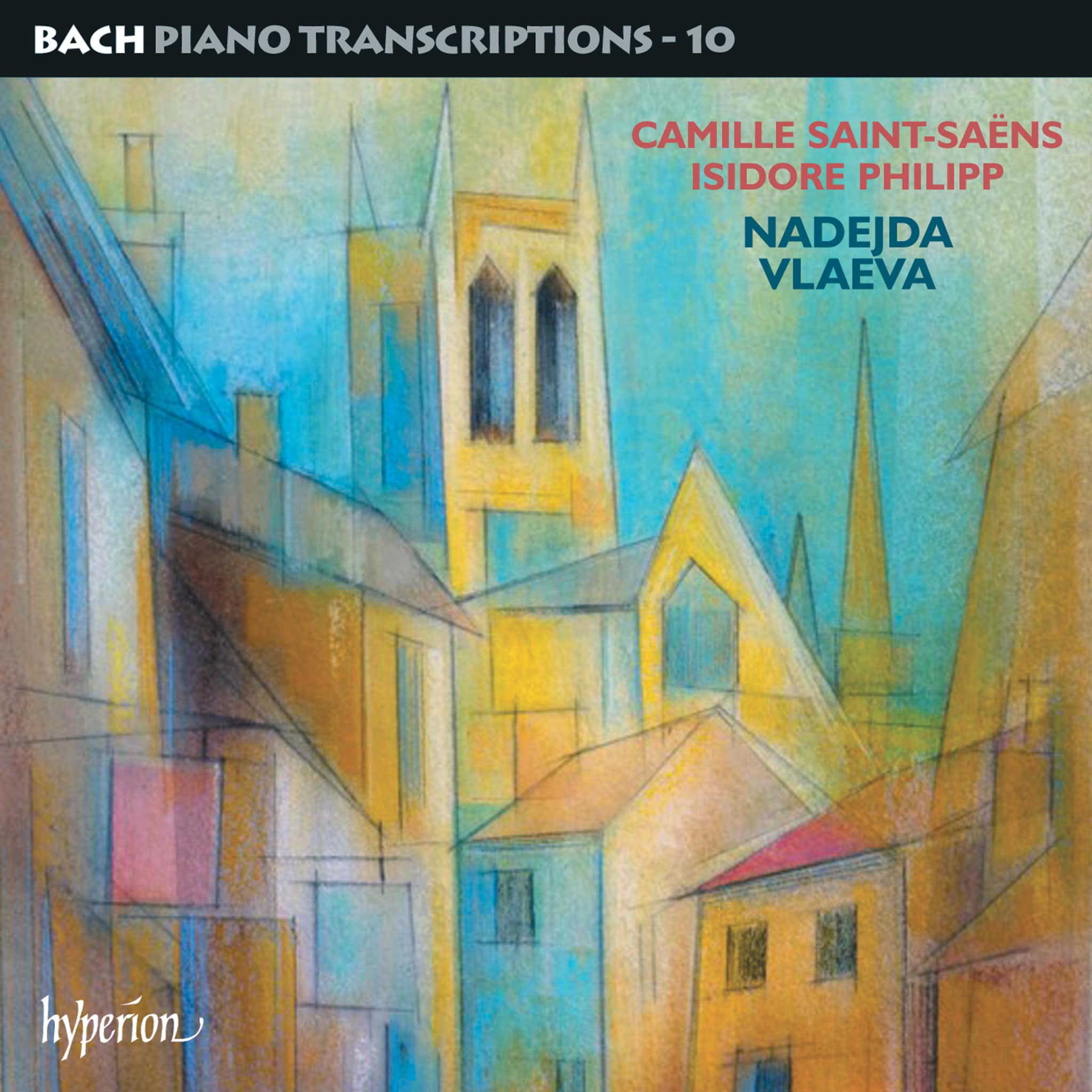Camille Saint-Saëns' Deep Admiration for J.S. Bach's Cantatas
In 1861, Saint-Saëns did not primarily focus on his own compositions, but rather created colorful transcriptions of Bach's works. His earliest Bach arrangement was not for solo piano, but for violin and piano. This was made possible by the recent publications of the Bach Society: he developed an additional piano accompaniment for the Prelude of the E major Partita (No. 3) for solo violin, derived from Bach's own orchestral version as the opening Sinfonia of Cantata No. 29.
This Sinfonia was among the movements to which Saint-Saëns turned for his piano transcriptions. He called it the 'Overture' and presented it in its D major cantata version as the opening piece of the collection. This first group contains two further cantata movements: the opening chorus of Cantata No. 3 (Adagio) and the opening chorus of Cantata No. 8 (Andantino).
Saint-Saëns does not specify which cantata Viardot performed on this occasion, but the most likely candidate is 'Geist und Seele wird verwirret', BWV 35. This cantata was first published in 1857 as part of the seventh volume (Cantatas 31–40) and is scored for alto solo, strings, two oboes, and continuo. Further evidence is provided by Saint-Saëns' own arrangement of a movement from it—the Sinfonia, which opens the second part of the work—as a Presto in the first collection of his Bach transcriptions.
Charles Camille Saint-Saëns was born on October 9, 1835, in Paris and died on December 16, 1921, in Algiers. He was a French pianist, conductor and composer whose admiration for Bach is reflected in his numerous transcriptions.




